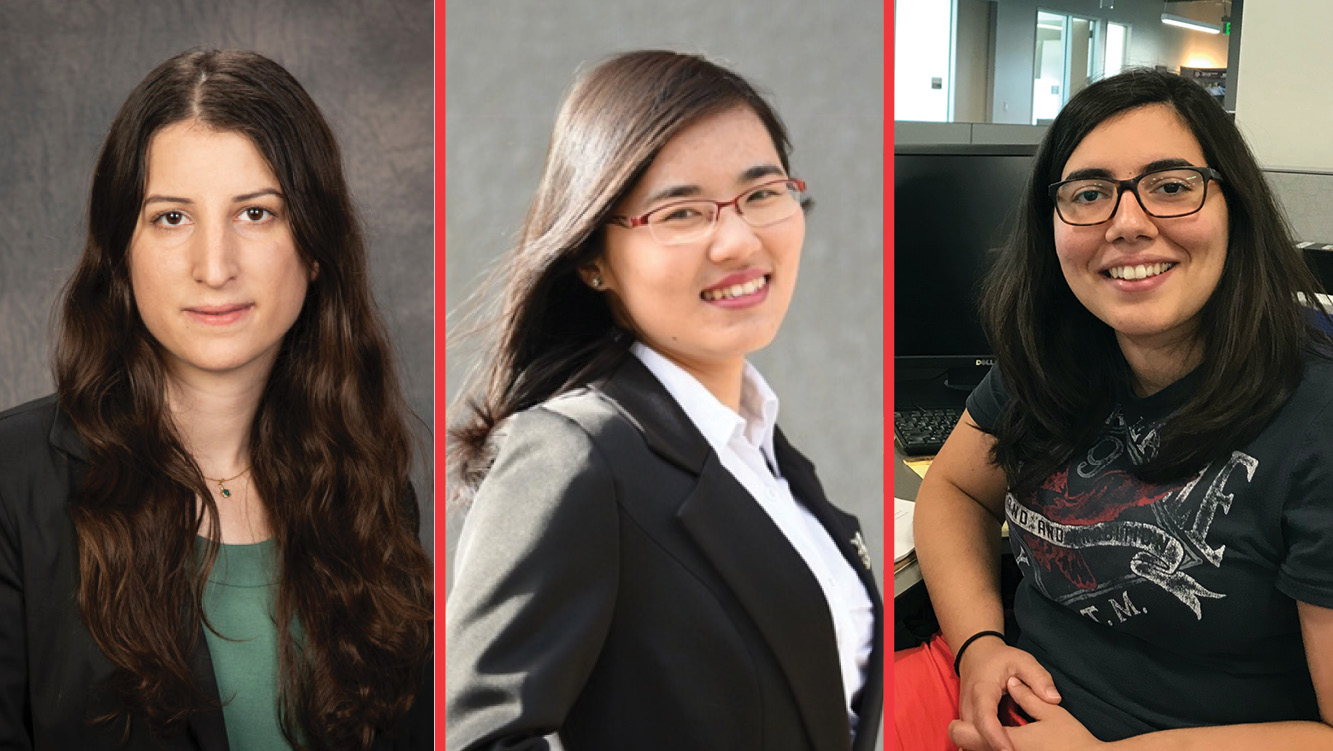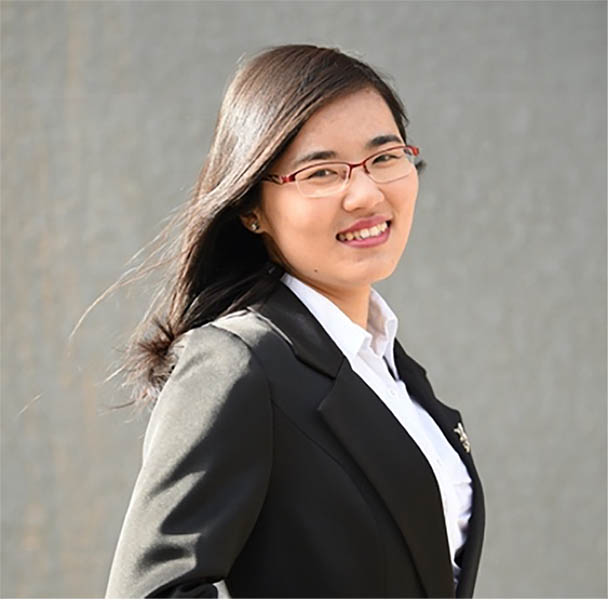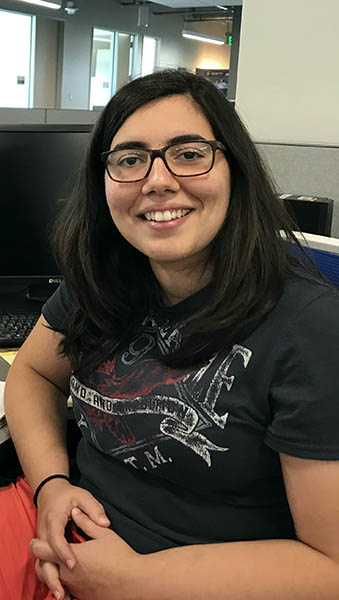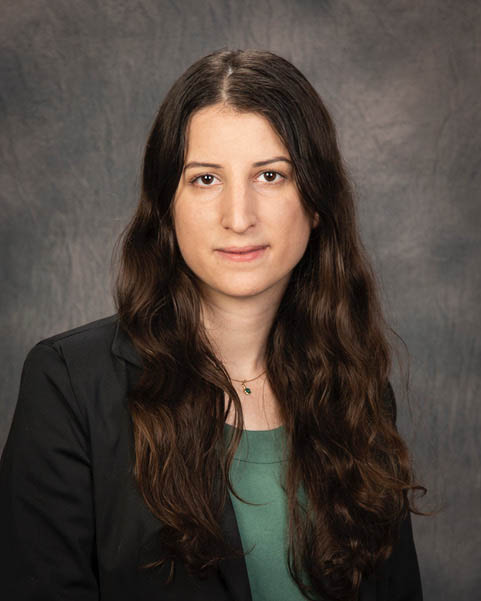
Three members of Dr. Stratos Pistikopoulos’ research group — Yuhe Tian, Burcu Beykal, and Styliani Avraamidou — have recently accepted faculty positions at major universities. According to Pistikopoulos, director of the Texas A&M Energy Institute and Dow Chemical Chair in the Artie McFerrin Department of Chemical Engineering, the fact that three members of his group have taken faculty positions at nearly the same time is quite significant.
“Of the 60 Ph.D. students I have graduated, 14 have entered academia,” said Pistikopoulos. “Three students entering academia at once just does not happen. I have been very fortunate and privileged to have such a group of talented researchers.”
Pistikopoulos attributes the success of his research group, and these three members in particular, to a number of different factors.
First, process systems research has become more important in the sense that most of the societal challenges — the future of energy and sustainability, the future and implementation of a circular economy, the impact of artificial intelligence — have a common denominator in that they require systems analysis. Second, the sheer quality of the individuals as they have come to realize their full potential. Further, these three ladies have come to be experts in very specific areas.
Yuhe Tian, West Virginia University

How did working in Dr. Pistikopoulos's research group prepare you for this next step in your career?
We have a very collaborative and supportive environment in the group with a wide range of research topics. I always find it very inspiring to stimulate new ideas from the research discussions with my lab mates. The group’s project collaborations with other academic and industrial partners have also trained me how to identify and contribute to emerging scientific and technological needs, while it is also important to stay open-minded with multidisciplinary thinking.
What will be your research focus at West Virginia University?
My research will focus on the development and application of systems engineering tools toward process innovation, efficient energy solutions, sustainable process and systems integration. Particularly, my research aims to develop mechanistic/hybrid modeling and analytics tools, optimization algorithms, and multi-scale systems approaches for design and operation of modular and process intensification systems.
I just want to take this chance to express my gratitude to my supervisor, Professor Pistikopoulos, and all my awesome lab mates. It has been indeed a great privilege for me to work with them through my Ph.D. program.
Burcu Beykal, University of Connecticut

How did working in Dr. Pistikopoulos' research group prepare you for this next step in your career?
I worked on many collaborative projects with Professor Pistikopoulos, and this enabled me to widen my horizon and tackle big-impact collaborative problems in my doctoral and postdoctoral research. From fundamental chemical engineering, including optimal reactor design and operation, to oil production optimization, food-energy-water nexus, energy systems design, supply-chain optimization, environmental and biomedical modeling, I was very privileged to interact and work with researchers of diverse backgrounds. Having developed a second nature in working on collaborative projects over the years has prepared me well in my next career step. Also, Professor Pistikopoulos’ support and guidance were essential to this process. Beyond his guidance in research, his dedication to my entire development as a researcher, including my communication, teamwork and leadership skills, was also instrumental for my future in academia.
Being a part of such an extensive research program also enabled me to be recognized at the local and national levels as well. I was featured in the National Institute of Environmental Health Sciences Superfund Research Program e-Posted Notes for my role in the data science core of the Texas A&M Superfund Research Center. I received the Computing and Systems Technology Division Directors’ Award at the 2020 American Institute of Chemical Engineers (AIChE) annual meeting for my work on data-driven supply chain optimization. Prior to my doctoral graduation, I also received the Outstanding Graduate Student Award from the Department of Chemical Engineering, and I was selected as a Rising Star in Chemical Engineering by the Massachusetts Institute of Technology in 2019. All these valuable recognitions have helped me to reflect on my skills and my career progression and increased my visibility within the academic community for my next career step.
What will be your research focus at the University of Connecticut?
My research will focus on data science-enabled hybrid modeling and optimization, specifically, developing computational tools for answering challenging problems faced in energy, environmental and health applications. Machine learning will be at the heart of my future research program, and I will be focusing on incorporating first-principles modeling within data-driven frameworks for designing sustainable clean energy systems, addressing challenges in process intensification, and developing smart manufacturing frameworks for facilitated material design and discovery.
Styliani Avraamidou, University of Wisconsin-Madison

How did working in Dr. Pistikopoulos's research group prepare you for this next step in your career?
Working in Professor Pistikopoulos’ group has given me a lot of opportunities for growth, through exploring different research fields (modeling, optimization, control, etc.) and developing my teamwork, leadership and management skills. Professor Pistikopoulos has also supported me both personally and professionally over the years, preparing me for my academic journey.
What will be your research focus at the University of Wisconsin-Madison?
My research will focus on expanding the limits of chemical and process systems engineering by developing tools for the understanding, analysis and optimization of circular economy supply chains, supply chains that are restorative and regenerative by design, as a means of achieving environmental, social and economic sustainability. I will be focusing on the supply chains of chemicals, plastics and food, while focus groups will consider the transition to renewable energy, circular economy supply chain modeling, resiliency, and the development of multi-agent modeling and optimization approaches.